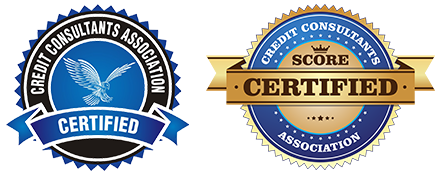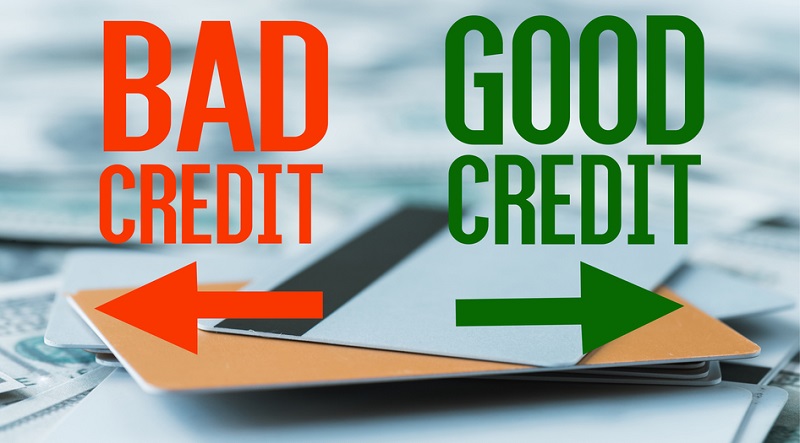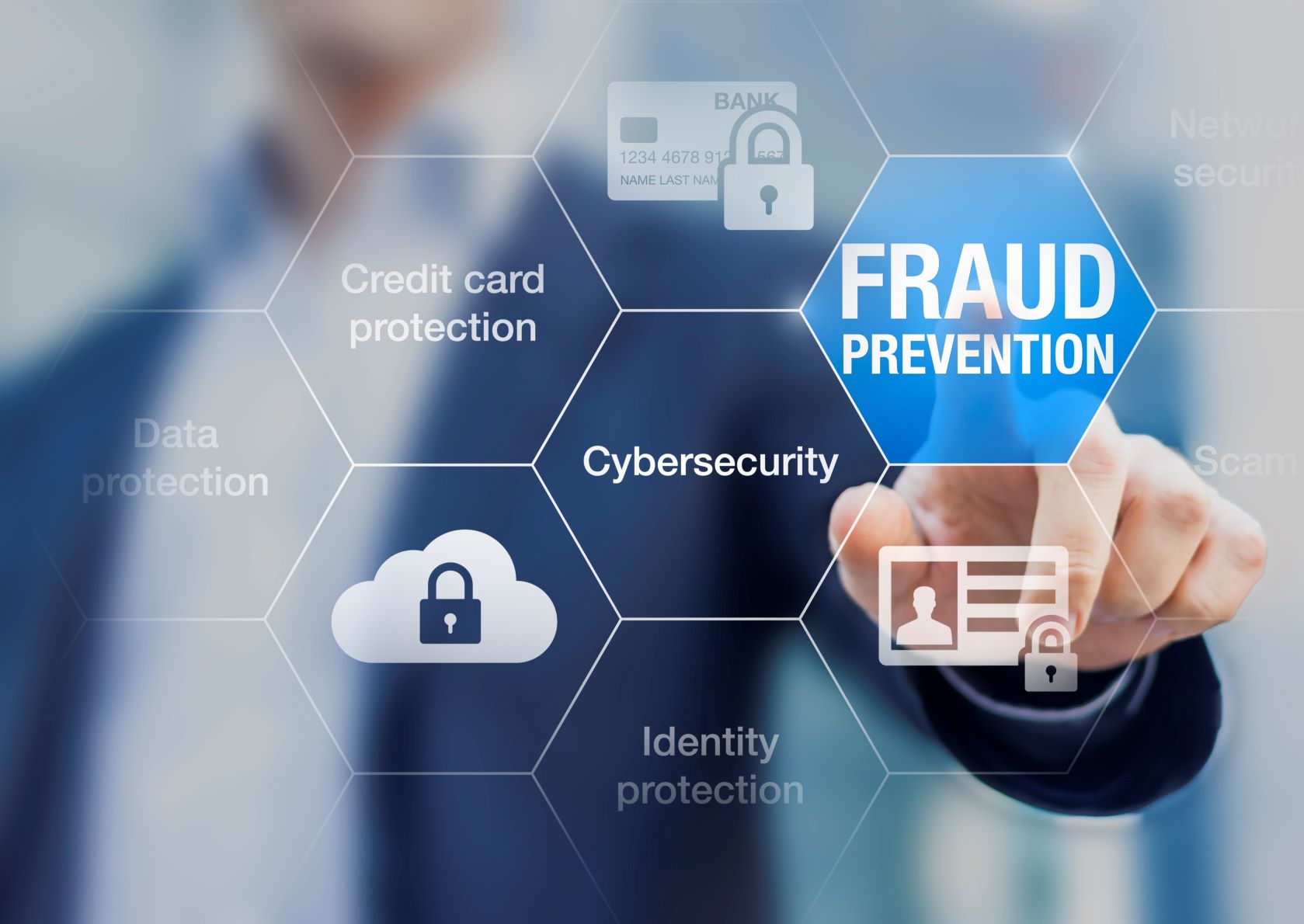- Home
- Repair 101
- Credit Repair Secrets
Credit Repair Secrets - The Myths to Stop Believing Now!

One of the biggest credit repair secrets is that there are myths out there you need to ignore. What if everything you thought you knew about credit repair was wrong?
You’re probably right on the money with much of the information you’ve learned up to this point, but you may also have some misconceptions that will cost you down the line.
Six Most Common Credit Repair Myths
To clear up some of these credit repair secrets, let’s spend a few minutes busting 6 of those most common credit repair myths.
1. You can dispute every negative entry
On your credit report to improve your credit score quickly. It doesn’t matter if the debt is legitimate or not. The more dispute letters you send, the better the results may be.
Disputing inaccurate or incomplete information on your credit report is easier than ever because all three credit bureaus accept online disputes. That doesn’t mean that you can dispute everything on your credit report to get rid of it.
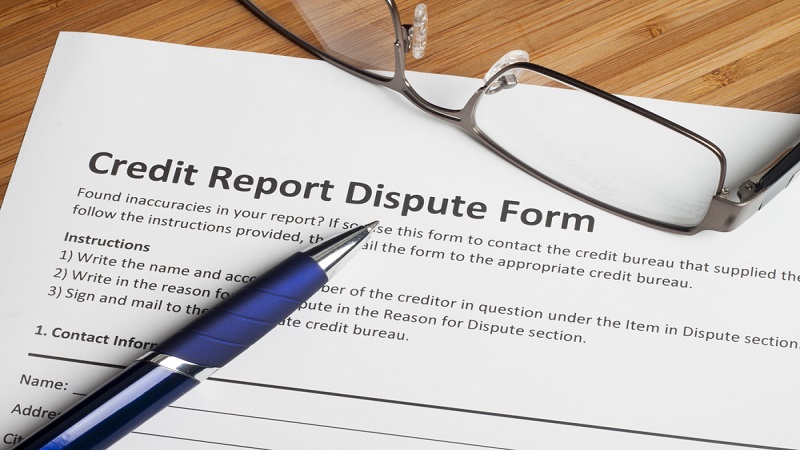
To clear up some of these credit repair secrets, let’s spend a few minutes busting 6 of those most common credit repair myths.
1. You can dispute every negative entry
On your credit report to improve your credit score quickly. It doesn’t matter if the debt is legitimate or not. The more dispute letters you send, the better the results may be.
Disputing inaccurate or incomplete information on your credit report is easier than ever because all three credit bureaus accept online disputes. That doesn’t mean that you can dispute everything on your credit report to get rid of it.
The best results come when you file the dispute through the mail along with copies of supportive documentation. You can’t do that for legitimate debts that you owe, and forging documents is illegal.
When you file credit report disputes online, you must click a box affirming that you are reporting information that you believe is inaccurate or incomplete. It’s never a good idea to lie when filing official complaints with a credit agency.
What about “jamming” the dispute system by submitting multiple disputes on the same debt through the mail? The confusion may lead to the creditor not responding to one or more of those claims within 30 days, which would result in the removal of the negative entry from your credit report.
The problem is that it may come back if the credit bureau later learns that it is legitimate. You put your reputation on the line if you become known as someone repeatedly trying to scam the credit reporting process.
It’s less work to follow the rules only dispute inaccurate or incomplete credit report listings. Erroneous information gets filed more often than most people realize, so there’s a good chance some of the negative information in your credit report is, in fact, inaccurate or incomplete.
2. You can quickly boost your credit score
Take out payday loans and repay them on time. Credit repair secret - any loan from any lender, will work.
This myth may work in your favor, but it may also leave you disappointed. The credit repair secret is that some short-term loan lenders report to one or more credit bureaus, and others don’t report to the credit agencies at all. If they don’t report the loan, it will have no impact on your credit.
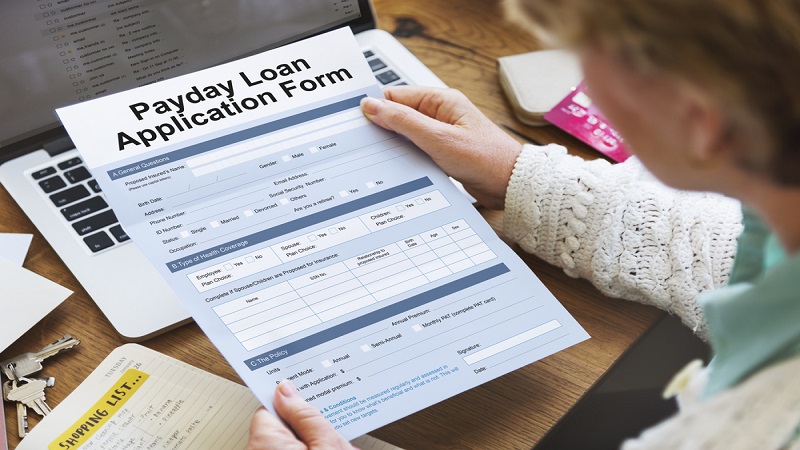
If your goal is to add positive lines of credit to your report, look for lenders that report to all three credit agencies. If they don’t check your credit before offering the loan, there’s a good chance they won’t report to the bureaus either.
3. If you pay off a debt listed on your credit report
The creditor must remove it from your credit report.
What happens if you pay off an old debt that is already on your credit report?
If you pay the debt in full without speaking to the creditor first, they may mark it paid or adjust the amount owed. The credit repair secret is that it will probably remain on your credit report until it falls off seven years after the date of first delinquency.
The change in the amount owed my help your credit score a little. If you’re trying to get approved for a home loan or another demanding approval process, just paying the debt will help you. If you’re not making a big purchase anytime soon, you may decide it’s more advantageous to wait for the debt to fall off without payment.
Credit repair secret 101, can you speak to the creditor to arrange payment in advance? There are a few possibilities:
- They may agree to remove the debt from your credit report for payment in full. This is a pay-for-delete arrangement.
- They may offer a settlement, allowing you to settle the debt without paying the entire amount due. The agreement may or may not come with a pay-for-delete deal. Without that agreement, the debt will likely remain on your credit report.
- They may offer no assistance or assurances at all. In that case, you shouldn’t expect them to remove the debt from your credit report even if you pay in full.
Make sure you request a “pay for delete” arrangement and get that agreement in writing before you pay any outstanding debt. You may need to follow up with the creditor if the debt remains on your credit report after a few months.
4. You should close any credit cards with low balances or cards that you don’t often use because it will boost your credit score.
There are only a couple of reasons you may want to consider closing a credit card or line of credit voluntarily:
- It has a high annual fee or interest rate, and you have secured cards with better terms. You may want to contact the creditor first because they may offer more favorable terms to keep your business. Also, make sure you won’t hurt your credit profile or score by reading the reasons not to close a credit card below.
- People are easily tempted to overspend when they have too many credit cards. Closing an account may reduce that temptation, but you can achieve the same results by cutting the card up and leaving it activated.
The credit repair secret is that closing accounts can harm your credit in the following ways:
- Your credit score goes up as the length of your credit history expands. If you close the first line of credit you ever received, you just shortened your length of credit and potentially lowered your credit score.
- Closed accounts are no longer counted in your available credit when determining your credit utilization ratio. If the credit cards remaining on your credit report carry balances, you could quickly raise that ratio, which lowers your credit score and potentially raises a red flag to lenders.
- Closing your active accounts leaves creditors with limited information to consider for future loans or credit cards. It’s better to leave older accounts open to show that you can manage multiple lines of credit responsibly.
Just as you don’t want to open a bunch of credit cards or loans at one time, it’s not always a good idea to close accounts just because you no longer need them. Consider leaving them open but never allowing them to carry a balance instead.
5. Make sure you always carry a small balance on every credit card.
Paying in full every month will lower your credit score.
The credit repair secret is that the opposite is true here. Paying the balance in full every month does two things to improve your credit and financial reputation:
- It keeps your credit utilization ratio low. That alone will boost your credit score.
- It proves you’re a responsible, reliable consumer. Your current creditors may increase your spending limit, increasing your credit utilization ratio even more. Future lenders will have more confidence in your ability to repay loans, leading to lower payments and interest rates.
6. Credit repair services are rip-offs.
They take hundreds or thousands of dollars for doing nothing.
You can indeed do what credit repair services do without paying anyone else a dime. The credit repair secret is that you need the correct information, and we provide a lot of that information right on this site free of charge.
The Biggest Credit Repair Secret: Don’t Let These Credit Repair Myths Scare You Off
That said, many credit repair services aren’t rip-offs or scams, and they’re legitimate resources for consumers who want to fix their credit quickly without doing the grunt work themselves. There are some scammers out there, but you’ll find those everywhere these days, from fake shopping websites to counterfeit products marketed on Amazon.
We recommend starting the credit repair process on your own. Start by getting your free annual credit reports and disputing anything inaccurate. Use other tips on this site to continue the process.
If you hit a point where you don’t know what to do next, or you don’t have time to continue doing the work yourself, we’re always here to help.
Free 5-Day - Start Repairing Credit Challenge - Do It Yourself - Including A Live Expert Question & Answer Session.

Related Articles:
- How to Start Repairing Credit
- Credit Repair Shouldn't Cost a Fortune!
- Better Credit Booster News and Tips
- 101 Credit Tips to Boost Credit Score Points, Today!
- Frequently Asked Credit Repair Questions and Answers (FAQ)
- Credit Score Ranges Explained in Terms That You Can Understand
